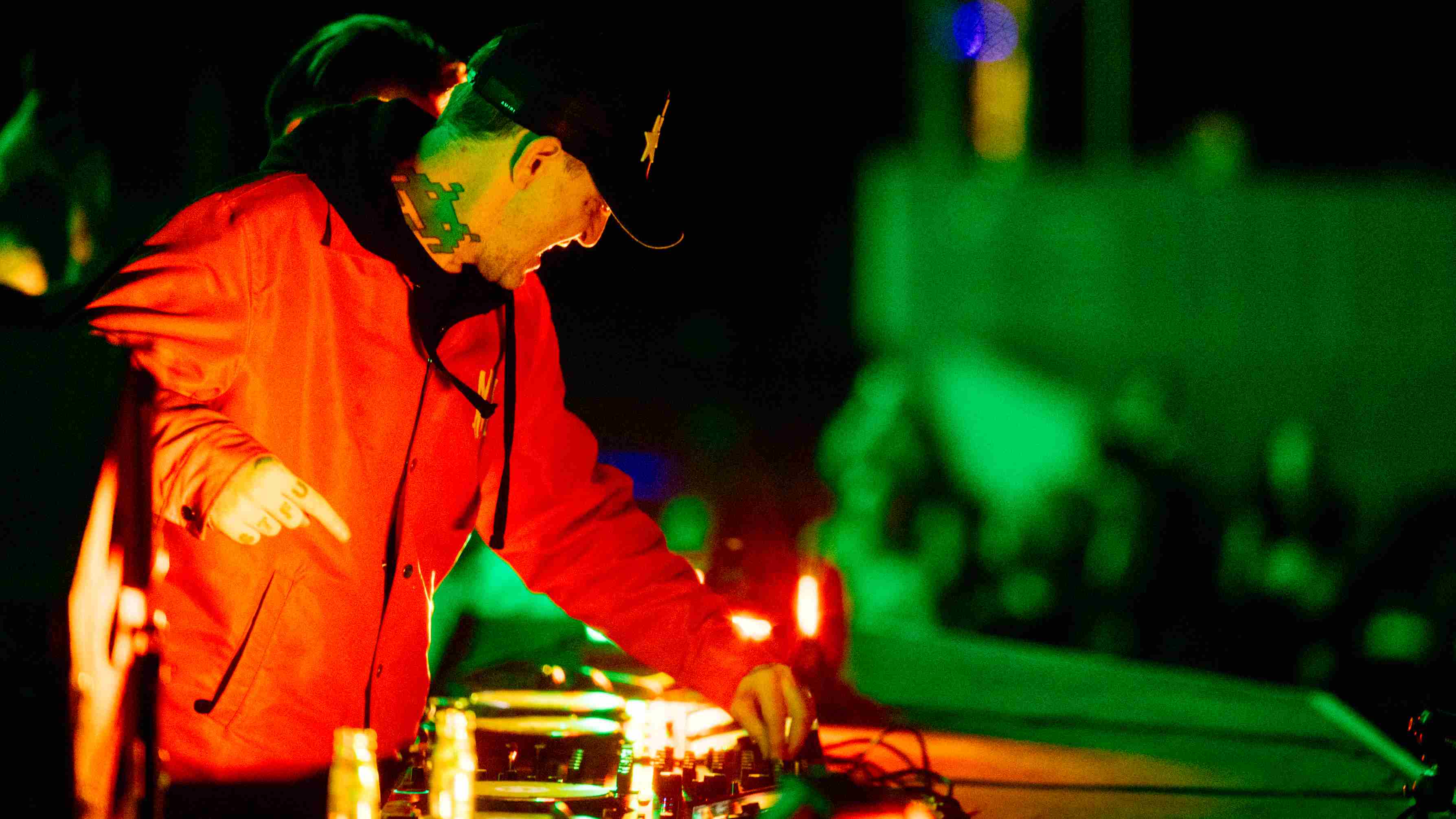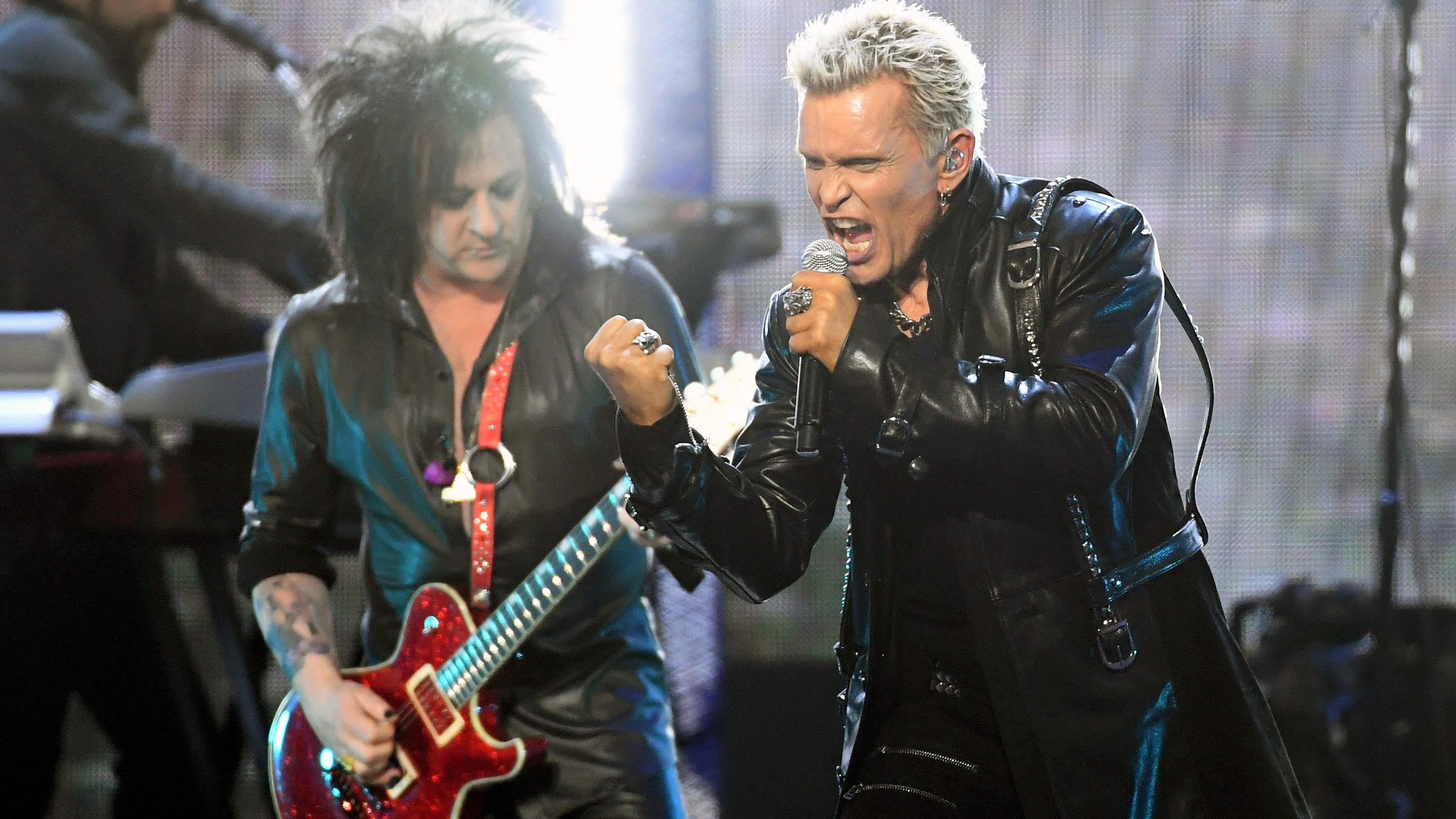Music from Taylor Swift, Olivia Rodrigo and The Weeknd is returning to TikTok, thanks to a “multi-dimensional licensing agreement” with Universal
The companies say that they’ll work together to protect “human artistry” from the threat of AI-generated content

Universal Music Group and TikTok have announced that they’ve reached a “multi-dimensional licensing agreement” that will see Universal’s huge catalogue of music return to the short-form video platform.
This appears to mark the end of a row that came to a head in January, when Universal announced that it was calling “time out” on TikTok due to a breakdown in negotiations over what it described as “three critical issues - appropriate compensation for our artists and songwriters, protecting human artists from the harmful effects of AI, and online safety for TikTok’s users.”
Now, though, it seems that these issues have been resolved, with the companies confirming: “The joint agreement marks a new era of strategic collaboration between the two organisations, built on a shared commitment to help UMG’s artists and songwriters achieve their creative and commercial potential.
“By harnessing TikTok’s best-in-class technology, marketing and promotional capabilities, UMG and TikTok will deliver improved remuneration for UMG’s songwriters and artists, new promotional and engagement opportunities for their recordings and songs and industry-leading protections with respect to generative AI.”
The upshot of this is that music from many of the world’s biggest artists - the likes of Taylor Swift, Olivia Rodrigo, The Beatles, Harry Styles, Billie Eilish, U2, Drake, Ariana Grande, The Weeknd and countless others - will once again be available for use in TikTok videos.

The need for an agreement was made even more pressing recently when Swift partnered with TikTok for the launch of her new album, The Tortured Poets Department, seemingly circumnavigating Universal’s ban. It’s certainly possible that a number of Universal’s other artists were starting to question why Swift’s music was allowed on TikTok but theirs wasn’t.
Everyone seems to be getting on famously now, though: “This new chapter in our relationship with TikTok focuses on the value of music, the primacy of human artistry and the welfare of the creative community,” purred Sir Lucian Grainge, Chairman and CEO, Universal Music Group.
Get the MusicRadar Newsletter
Want all the hottest music and gear news, reviews, deals, features and more, direct to your inbox? Sign up here.
“We look forward to collaborating with the team at TikTok to further the interests of our artists and songwriters and drive innovation in fan engagement while advancing social music monetisation.”
Shou Chew, CEO of TikTok, added: “Music is an integral part of the TikTok ecosystem and we are pleased to have found a path forward with Universal Music Group. We are committed to working together to drive value, discovery and promotion for all of UMG’s amazing artists and songwriters, and deepen their ability to grow, connect and engage with the TikTok community.”
This “path forward” will see Universal and TikTok working together to realise “new monetisation opportunities” via TikTok’s e-commerce capabilities, and artists getting better access to data and analytics.
There’s also a shared commitment to protecting “human artistry” from the threat of AI-generated content, with TikTok agreeing to work with UMG to remove unauthorised AI-generated music from the platform and create tools to improve artist and songwriter attribution.
Earlier this year, UMG and Roland set out their seven Principles for Music Creation with AI, one of which is that “human-created works must be respected and protected”.
A timeframe for the return of UMG artists’ music to TikTok hasn’t been set, but the two companies say that they are “working expeditiously” to make it happen.



I’m the Deputy Editor of MusicRadar, having worked on the site since its launch in 2007. I previously spent eight years working on our sister magazine, Computer Music. I’ve been playing the piano, gigging in bands and failing to finish tracks at home for more than 30 years, 24 of which I’ve also spent writing about music and the ever-changing technology used to make it.









